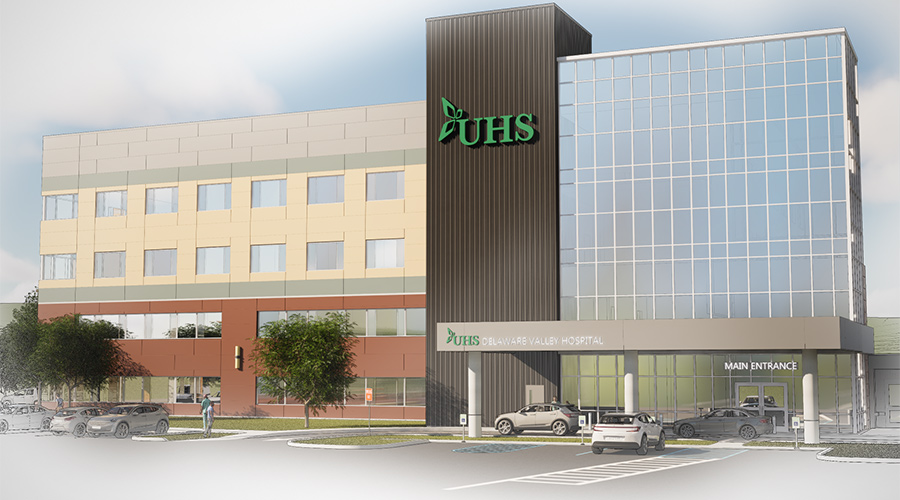Hospitals have significantly boosted their readiness for disaster since Sept. 11, 2001, and the anthrax attacks that followed soon after, according to an article on the U.S. News & World Report website.
The Institute of Medicine and the Centers for Disease Control and Prevention have increasingly urged hospitals to prioritize preparedness. And emergency management standards from the Joint Commission, which accredits hospitals, now require them to perform two practice exercises per year, the article said.
Add Hurricane Katrina, the fear of a pandemic sparked by SARS and bird flu only, Superstorm Sandy, mass shootings, the Boston Marathon bombings and hospitals are award they need to take take emergency preparedness seriously.
"My own hospital has conducted more than 150 different training exercises in the last five years alone," says Paul Biddinger, medical director for emergency preparedness at Massachusetts General Hospital in the article. Most exercises are short training sessions to teach staff how to wear protective equipment or to use evacuation sleds. But a few are larger simulations using actors and mannequins as patients.
Larger simulations can cost $20,000 and invoke multiple departments, but they served Mass General well in the aftermath of the Boston Marathon bombings, Biddinger said.
Read the article.

 From Downtime to Data: Rethinking Restroom Reliability in Healthcare
From Downtime to Data: Rethinking Restroom Reliability in Healthcare LeChase Building Four-Story Addition to UHS Delaware Valley Hospital
LeChase Building Four-Story Addition to UHS Delaware Valley Hospital AdventHealth Sebring Breaks Ground on Expansion Project
AdventHealth Sebring Breaks Ground on Expansion Project Regulations Take the Lead in Healthcare Restroom Design
Regulations Take the Lead in Healthcare Restroom Design AHN Allegheny Valley Hospital Opens Expanded Inpatient Rehabilitation Unit
AHN Allegheny Valley Hospital Opens Expanded Inpatient Rehabilitation Unit